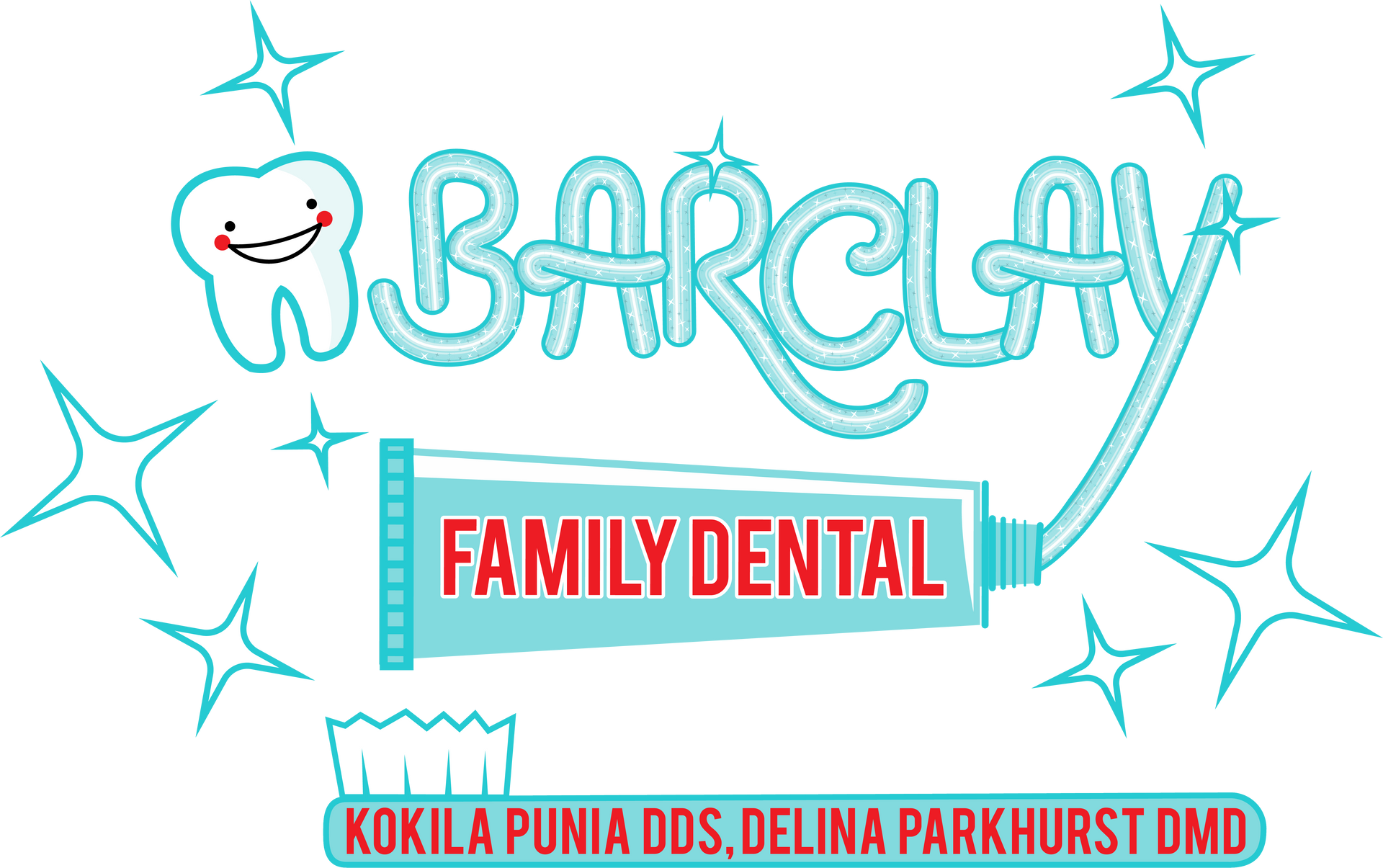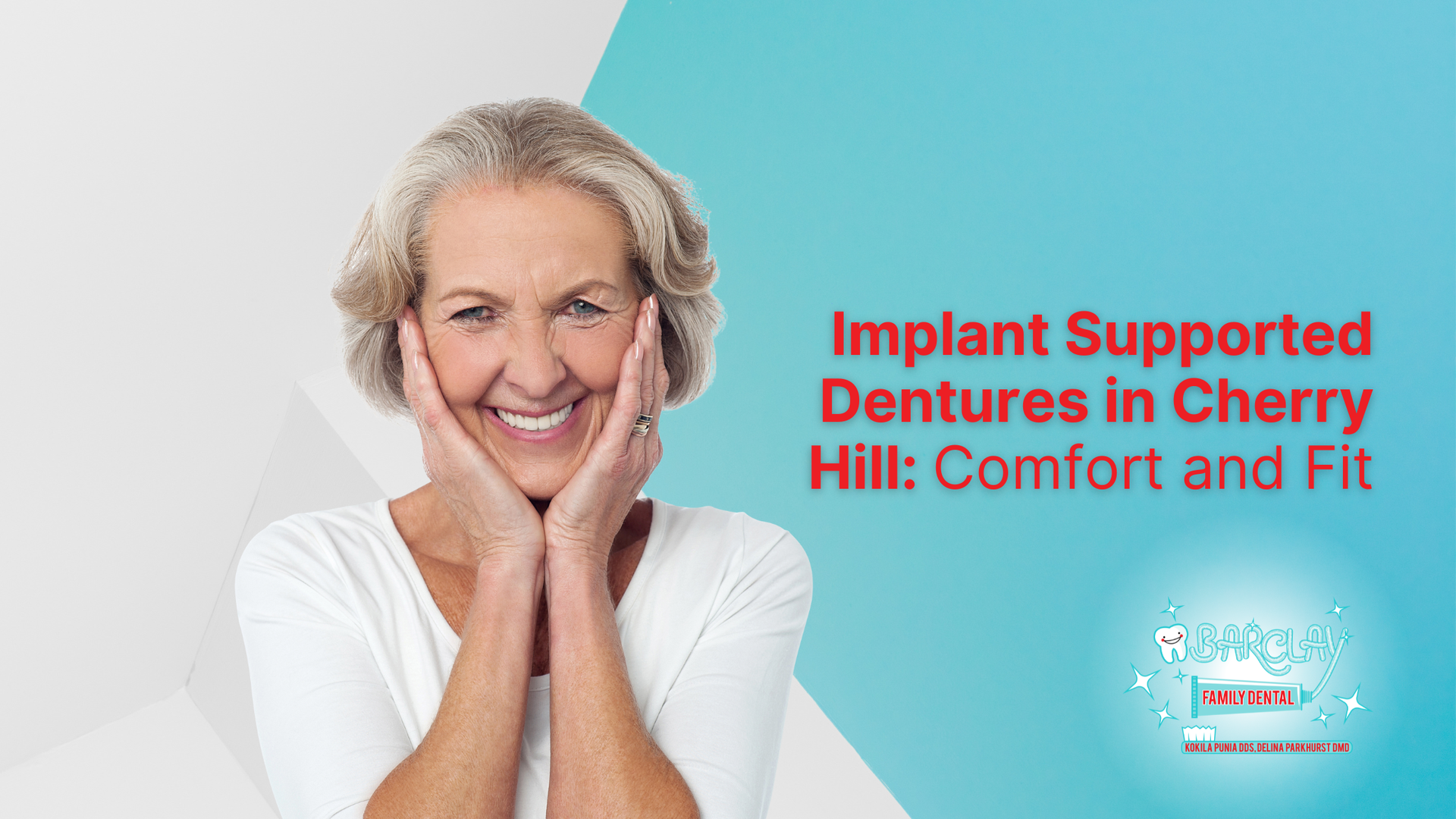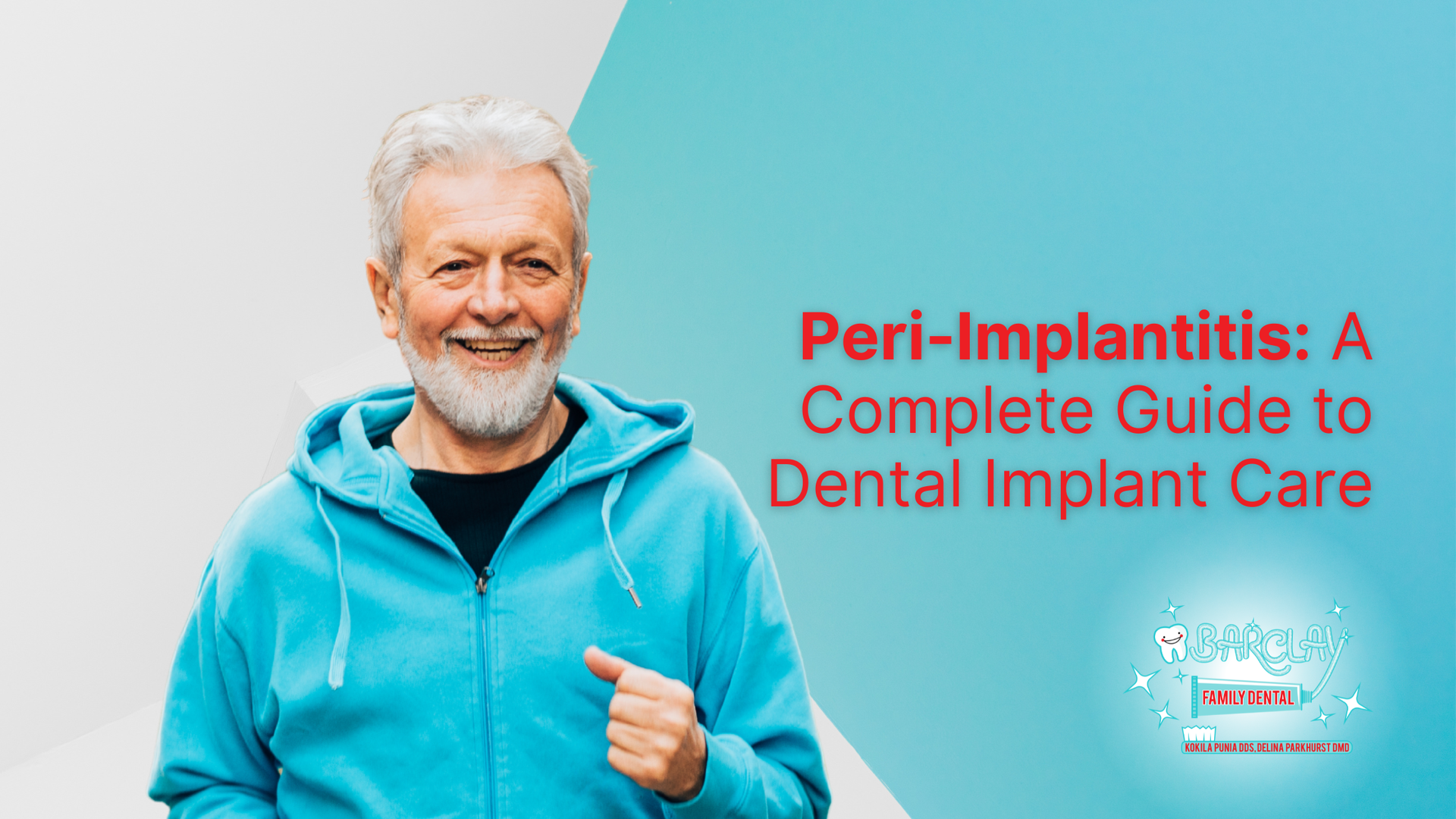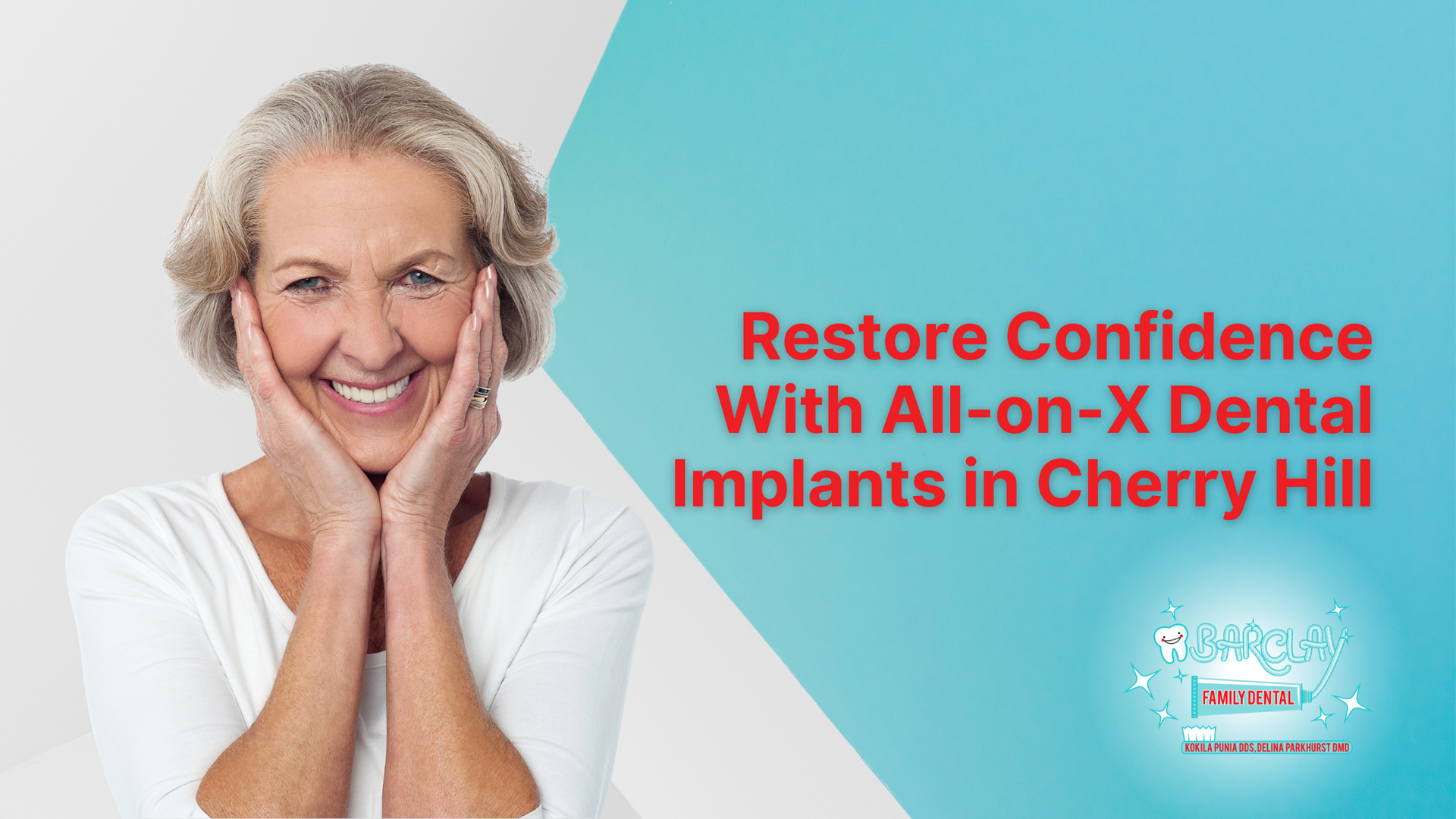Exploring Dental Implants for Seniors: Your Complete Smile Guide
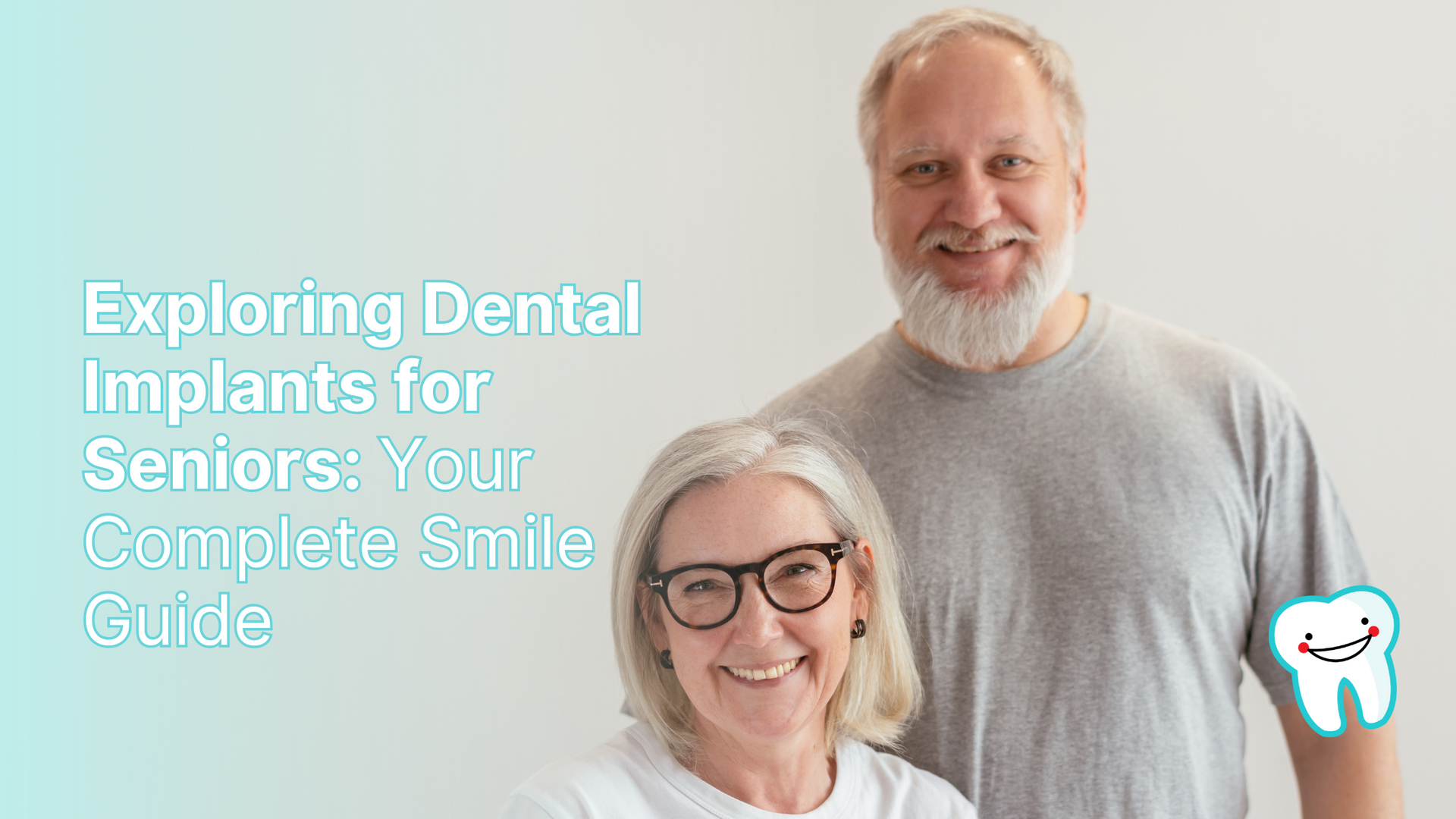
Source: Dr. Marketing
As we age, it is natural for our dental needs to change. For many seniors, missing teeth can affect not only how they eat and speak but also how they feel about their appearance and health. Fortunately, dental implants have become a highly reliable solution for restoring function, comfort, and confidence. But with several types of dental implants available, knowing which one is the right fit—especially for seniors—can feel overwhelming.
This guide is designed specifically for older adults considering dental implants. We will explore the most common types, how they work, and what makes certain options more suitable for seniors. Whether you are missing one tooth or all of them, the right implant can support a healthier, more confident life.
Why Dental Implants Are a Game-Changer for Seniors
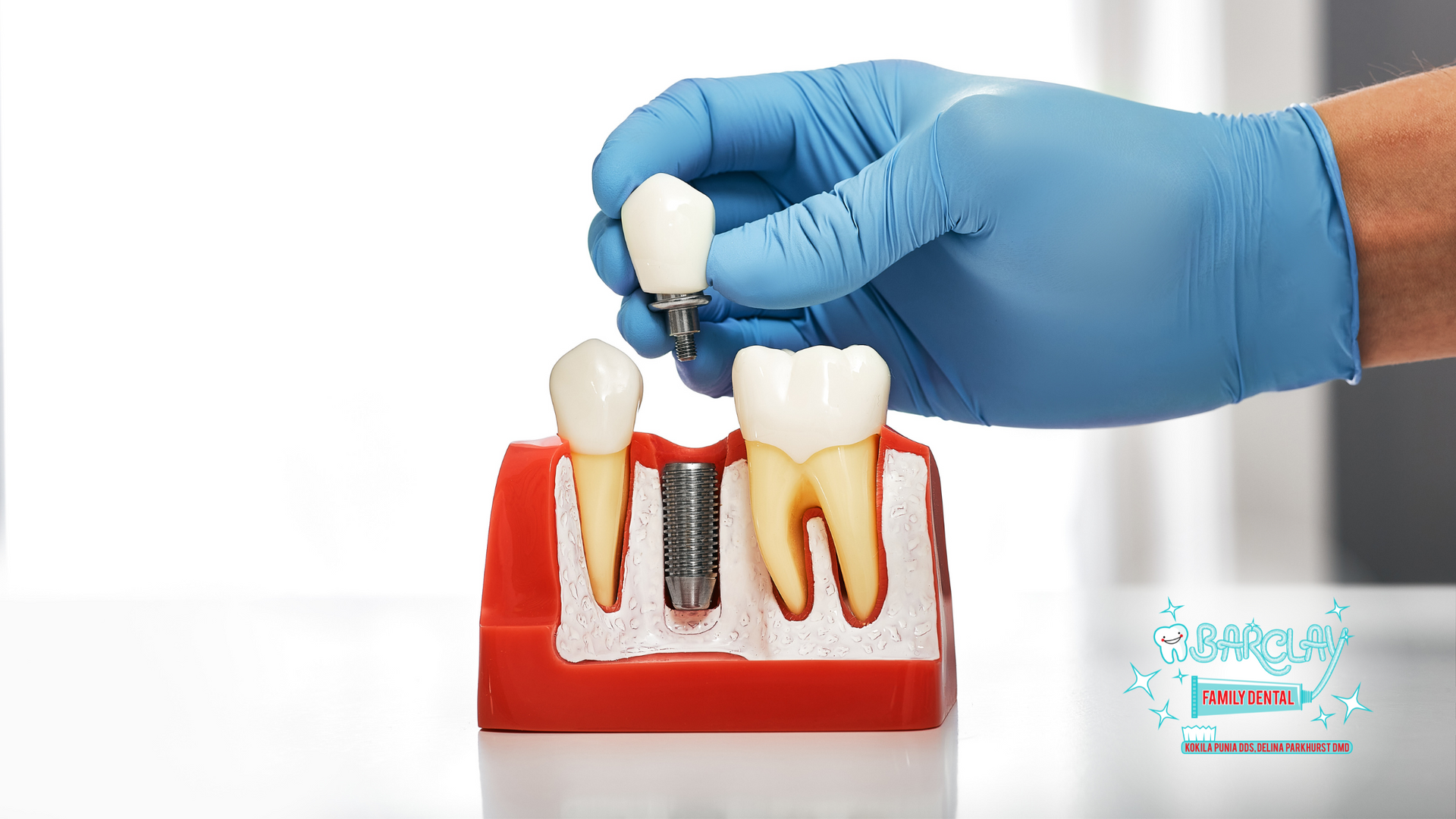
Tooth loss is not just about aesthetics. Missing teeth can lead to difficulty chewing, shifting of neighboring teeth, jawbone deterioration, and even changes in facial structure. Dentures can help, but they may feel loose, require adhesives, and often do not provide the same bite strength or stability.
Dental implants, on the other hand, replace both the crown and the root of a tooth. They are surgically placed into the jawbone, providing a stable foundation for crowns, bridges, or dentures. For seniors, this stability can mean easier eating, clearer speech, and a dramatic improvement in overall quality of life.
More importantly, implants stimulate the jawbone—something that traditional dentures do not. This helps prevent bone loss, which is common with age and can lead to sunken facial features over time. For seniors who are healthy and seeking long-term function and comfort, implants are often the preferred option.
Understanding the Types of Dental Implants
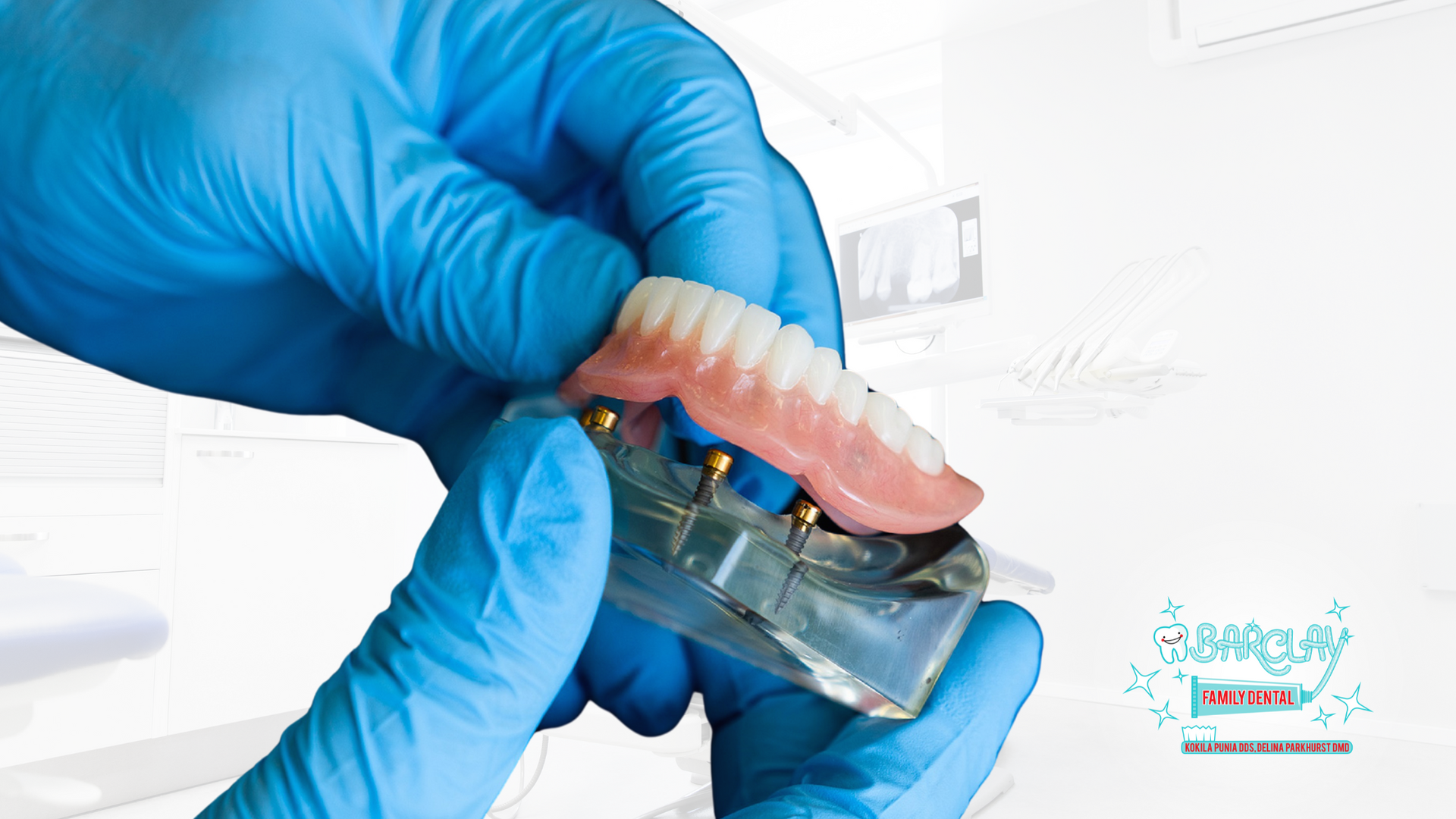
While the concept of a dental implant is relatively straightforward, there are different types and configurations designed to meet a variety of patient needs. For seniors, choosing the right type depends on several factors, including how many teeth are missing, bone density, general health, and personal preferences. Let us take a closer look at the most common types of implants.
Single-Tooth Implants
If you are missing just one tooth, a single implant topped with a crown is often the best solution. This option does not rely on neighboring teeth for support, which helps preserve their structure. For seniors in good oral and systemic health, this approach offers long-term reliability with a natural feel and look.
- Best suited for: Seniors with one or two missing teeth and healthy bone tissue.
Implant-Supported Bridges
When multiple teeth in a row are missing, an implant-supported bridge may be used. Unlike traditional bridges, which rest on adjacent teeth, this version uses two or more implants to anchor the bridge directly into the jawbone. This is particularly helpful for seniors missing several adjacent teeth, as it avoids the need for multiple single implants and offers greater stability than removable partial dentures.
- Best suited for: Seniors missing multiple teeth in a specific area who want a fixed, non-removable solution.
Implant-Supported Dentures
Also known as overdentures, these combine the affordability of traditional dentures with the stability of implants. Rather than resting directly on the gums, the denture clips onto a few strategically placed implants. This prevents slipping and eliminates the need for adhesives. This type is especially beneficial for seniors who wear full dentures and are frustrated with their fit or function. With as few as two to four implants, an entire arch can be stabilized.
- Best suited for: Seniors who already wear dentures or who are missing most or all teeth in the upper or lower arch.
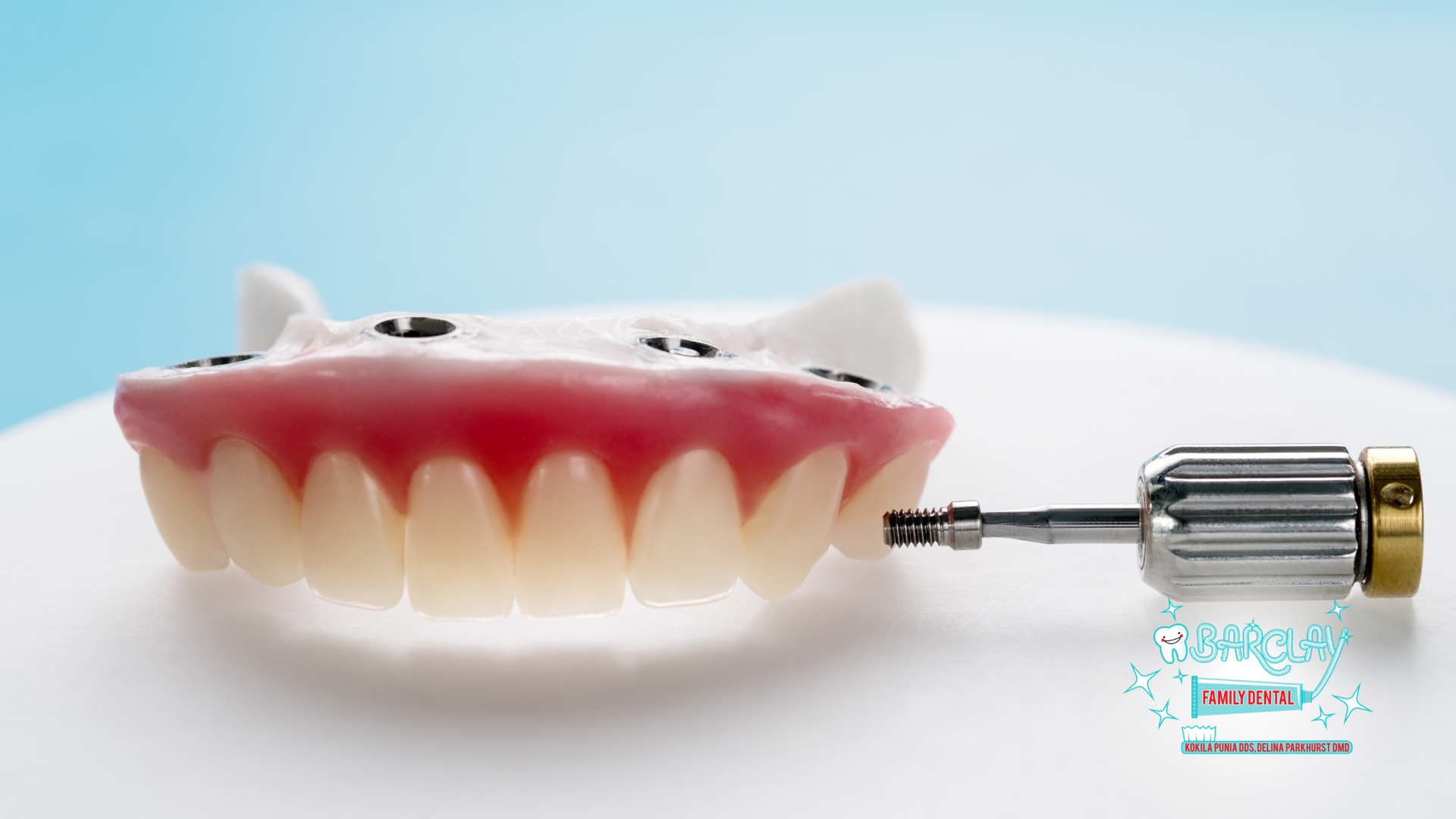
All-on-X Dental Implants
These full-arch implant systems use four to six implants to support a permanent, fixed set of teeth. Often referred to as “teeth in a day,” they are designed to restore a complete upper or lower set of teeth in just one visit (after careful planning and imaging). The implants are strategically placed at specific angles to maximize contact with the available bone, which makes this option ideal even for seniors with some bone loss. In many cases, bone grafting is not required.
- Best suited for: Seniors who want a permanent, non-removable solution and are missing all or most teeth in one arch.
Mini Dental Implants
Mini implants are thinner than traditional implants and are often used in cases where bone volume is limited. While they are not suitable for all situations, they may be a less invasive option for securing lower dentures, especially for seniors who may not be candidates for full implants due to health conditions or bone loss. The procedure tends to be faster, with a shorter healing time. However, they may not offer the same level of long-term durability as standard implants.
- Best suited for: Seniors with limited bone density or those looking for a less invasive procedure to stabilize dentures.
Zygomatic Dental Implants
Zygomatic Dental Implants are a specialized option for patients with severe bone loss in the upper jaw. Unlike traditional implants that anchor into the jawbone, zygomatic implants are longer and anchored into the cheekbone, which offers greater stability. This method avoids the need for bone grafting or sinus lifts, making it a more efficient solution for full upper arch restorations. Often used with conventional implants in the front of the mouth, zygomatic implants can support immediate or early loading in many cases. While the procedure is more complex, it offers a strong, lasting foundation for those who are not candidates for standard implants.
Factors That Influence Implant Choice for Seniors

While there are several excellent implant options, the best choice depends on a careful evaluation of several factors unique to each patient.
Bone Health and Density
Bone density tends to decrease with age. Since implants require stable bone for support, seniors may need bone grafting in cases where the jawbone has significantly shrunk. However, options like All-on-4 implants or mini implants can often bypass the need for grafting.
Overall Health
Chronic conditions such as diabetes or osteoporosis can affect healing and implant success. That said, these conditions do not automatically disqualify someone from receiving implants. What matters most is how well the condition is managed.
Number of Missing Teeth
Whether you are missing one tooth or an entire arch, there is a suitable implant solution. The more teeth that are missing, the more cost-effective and functional implant-supported bridges or dentures tend to be.
Budget and Long-Term Goals
While implants can be more expensive upfront than dentures, they often prove to be a better investment over time due to their durability and comfort. Seniors who value a long-term, low-maintenance solution may find that implants pay off not only in function but also in overall well-being.
At Barclay Family Dental, we understand that every smile has a story. That is why we take the time to listen, support, and guide each individual in Cherry Hill with care that feels personal.
Is the Procedure Safe for Older Adults?

Yes. Age alone is not a limiting factor when it comes to dental implants. In fact, studies have shown that implant success rates in older adults are comparable to those in younger populations. What is more important is overall health, good oral hygiene, and a willingness to commit to the healing process.
The procedure itself is performed under local anesthesia, and most patients report only minor discomfort afterward. Healing time can vary, but most patients resume normal activities within a few days. Full osseointegration—the process where the implant fuses with the jawbone—takes several months, during which time a temporary restoration may be used.
Caring for Implants After Placement
Once your implants are placed and fully healed, caring for them is very similar to caring for natural teeth. Brushing twice daily, flossing (or using interdental brushes), and regular dental checkups are all essential to prevent inflammation and keep the surrounding tissues healthy.
Unlike dentures, implants do not need to be removed or soaked overnight. They stay in place permanently, offering convenience and confidence. Seniors who have struggled with loose dentures often find that implants restore not just their ability to eat comfortably—but their self-esteem as well.
Which Type Is Right for You?

Choosing the right dental implant comes down to personal goals, oral health, and lifestyle needs. For seniors, implants represent more than just a replacement for lost teeth—they are a pathway to restored function, dignity, and confidence in daily life.
Whether you need to replace a single missing tooth or are considering a full-arch solution, there is an implant option tailored to meet your needs. If you are considering dental implants, Barclay Family Dental in Cherry Hill provides personalized consultations to help determine the right solution for your smile. Our experienced team guides you through every step with care and clarity.


